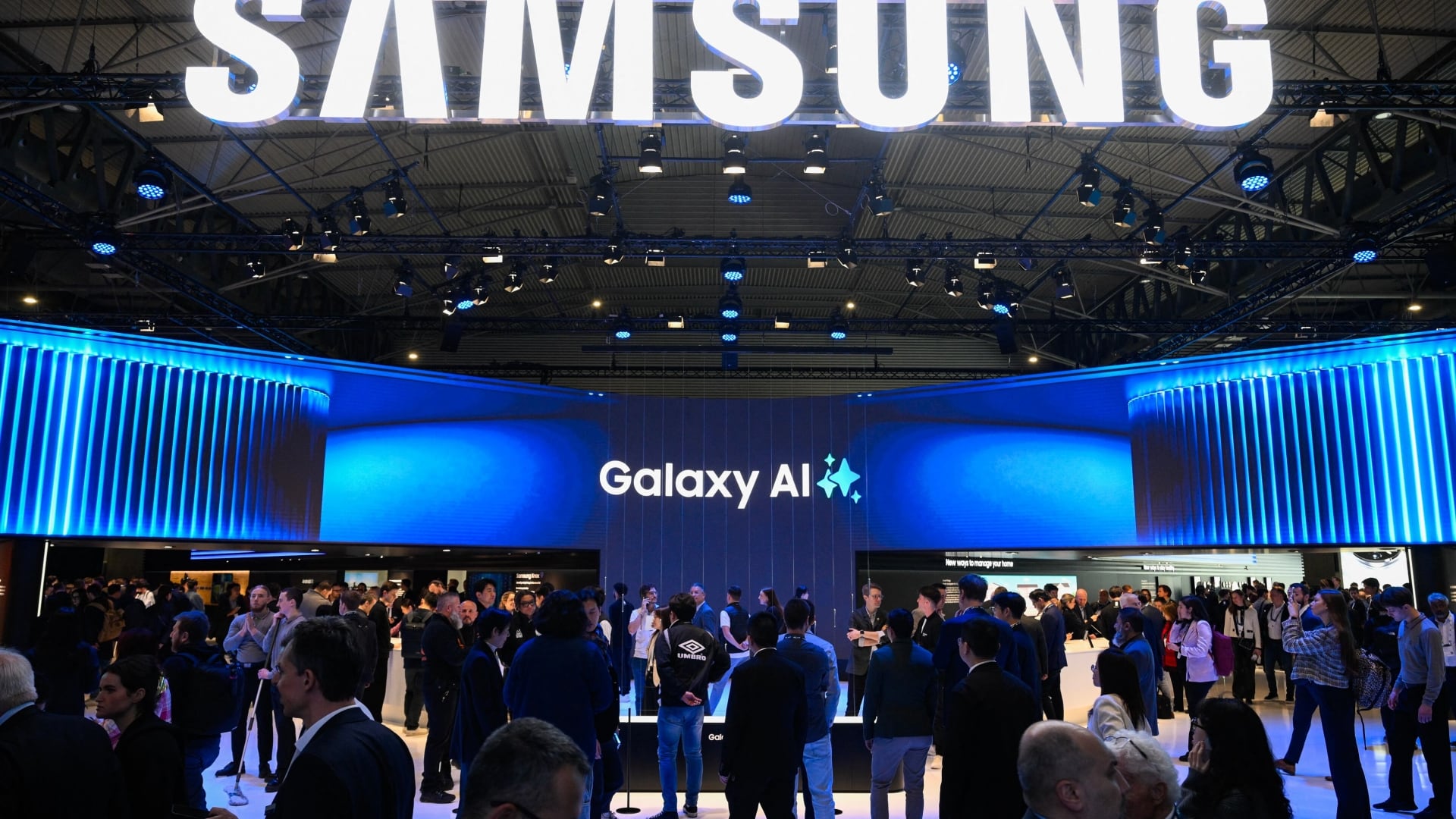The sticker prices for Ford's F-150 Lightning electric pickup trucks are being lowered by thousands of dollars across the board, the company said Monday, due to increased plant capacity, falling costs for battery raw materials and internal efforts to scale production by the Detroit automaker.
The price cuts across the Lightning line, some as deep as $10,000, appeared to be seen on Wall Street as more evidence of a coming price war among electrical vehicle makers, however, sending shares of Ford Motor Co. down 5% Monday.
The lower prices were announced two days after Tesla said its first production Cybertruck electric pickup had rolled off the assembly line, though nearly two years behind the original schedule and with little information about how much they may cost.
Rivian, another electric pickup maker, recently announced that its second quarter deliveries nearly tripled and its shares have been on a tear, rising more than 41% this month.
“Ford hears footsteps of Cybertruck and Rivian,” said Wedbush Analyst Dan Ives on Twitter.
Ford said this month that sales of its F-150 Lightning more than doubled in the second quarter, and rose 4.1% from the first three months of the year.
Ford Motor Co. said Monday that final upgrades at its Rouge Electric Vehicle Center in Michigan being completed now will lead to greater availability of a built-to-order truck as early as October.
The updated MSRP for the Pro model, its lowest priced electric pickup, will be $49,995, down about $10,000. The price for the high-end Platinum Extended Range version of the Lightning was cut from $98,074, to $91,995, a drop of more than $6,000.
“Shortly after launching the F-150 Lightning, rapidly rising material costs, supply constraints and other factors drove up the cost of the EV truck for Ford and our customers,” said Marin Gjaja, chief customer officer, Ford Model e. “We’ve continued to work in the background to improve accessibility and affordability to help to lower prices for our customers and shorten the wait times for their new F-150 Lightning.”
Tesla has made aggressive price cuts across its portfolio in recent months as competition heats up and major automobile producers shift production toward electric vehicles. Ford reacted to price cuts at Tesla in January, slashing the price of its Mustang Mach-E electric SUV by as much as $6,000.
Tesla originally said it would make three versions of its Cybertruck, ranging from about $40,000 to $70,000. The company later removed prices from the page where customers can decide whether to plunk down $100 and place an order.
Ford CEO Jim Farley and Tesla CEO Elon Musk announced in March that all of Ford Motor Co.’s current and future electric vehicles will have access to about 12,000 Tesla Supercharger stations in the U.S. and Canada starting next spring. Commercial customers can also access Ford Pro Charging solutions to keep their F-150 Lightning powered up whether charging at home or onsite at work.












